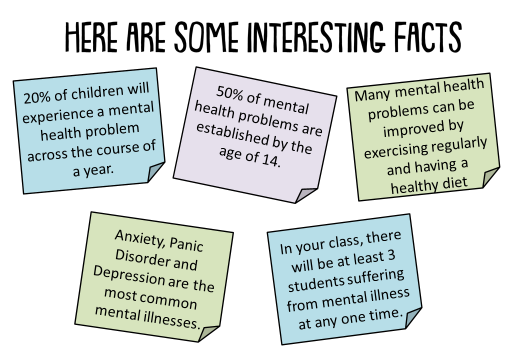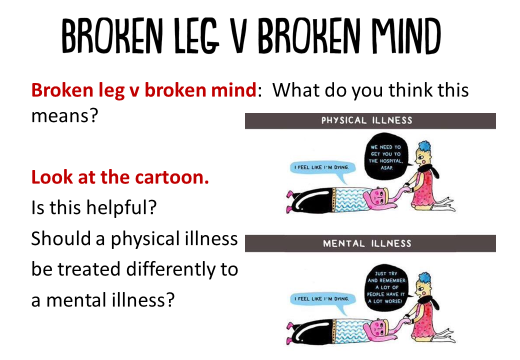Tuesday 2nd June – Year 6
SPaG:
Today, we are going to recap our knowledge of punctuation.
Firstly, go through this PowerPoint to remind you how to use different punctuation:
Year 6 Grammar and Punctuation
Now go through these paragraphs adding the correct punctuation. To help you out, some of them have which punctuation they need underneath.
Now check the answers. Remember these are just possibilities; you might have different answers that may be correct. Just read it and check that it makes sense.
Finally rewrite this paragraph, using punctuation to make it better.
Writing:
Look at this picture of the ‘Train Graveyard’ in Bolivia.

Plan and write a story about how these trains got here. What happened to them? Remember to include a wide range of punctuation. Feel free to send me it so I can see how you have done with your punctuation.
Maths:
Today I want you to recap your knowledge of the four operations (add, subtract, multiply and divide). Write out a selection of sums for each operation ensure that your numbers get more difficult and that some of them include decimals. Also, try some long multiplication and long division questions. If you need a reminder of any other the methods, send me an e-mail.
You can also complete this maths mystery:
The Mystery of the Missing Umpire
PHSE:
Last week, we look at how important food choices are in order to stay healthy.
First, have a look at these statements and decide if you think they are true or false.
- Look at the palm of your hand. Your body needs only the size of your palm of protein (meat, fish, etc) every day to get all of the necessary nutrients.
- If you ate lots of fruit yesterday, you don’t need to worry about eating any today.
- Potatoes are a good source of carbohydrate.
- It is a good idea to skip breakfast.
- Vegetarians are healthier than people who eat meat and fish.
- Milk, yogurts, cheese and other dairy foods are important for growth and help to form strong bones and teeth.
- Chocolate and sweets should be banned.
- Children need to eat the same amount as adults.
- Beans and lentils fit into two areas of the Eat Well Plate: protein AND fruits/vegetables.
- These foods are high in salt so we don’t need to eat much of them: bacon, cheese, salami, soy sauce, olives and ham.
Now check your answers:
This week, we are going to look at ways that we can keep our mind healthy.
Here are some facts about mental health:

Have a look at this:

What do you think of this?
Create an information leaflet or a poster to give people advice on how they can keep their mind healthy. Use this website to help you.
https://www.mentalhealth.org.uk/coronavirus/coping-coronavirus-guide-young-people
Other tasks you could do today:
- Go to https://www.bbc.co.uk/iplayer/group/p08b0ct7 and watch a Shakespeare play for free.
- Go to Saints TV on YouTube and watch an old Saints game.
- Complete some activities on your NPAT Reading Bingo challenge (this is still running)
- Go on a virtual tour of Buckingham Palace and learn about royal history at https://www.royal.uk/virtual-tours-buckingham-palace
- Complete some science experiments at http://www.sciencefun.org/kidszone/experiments/
- Go on a virtual tour of Ancient Mayan ruins at http://sunfunnelmedia.com/pano/xunantunich/Xunantunich-belize-mayan-ruin-pyramid-virtual-tour.html
- Make a time capsule about your time in lockdown that you can look back on in years to come and share with your children or grandchildren. https://kidsofthewild.co.uk/2020/03/29/make-a-time-capsule-coronavirus-covid-19-kids/ here are some ideas to help you out.
